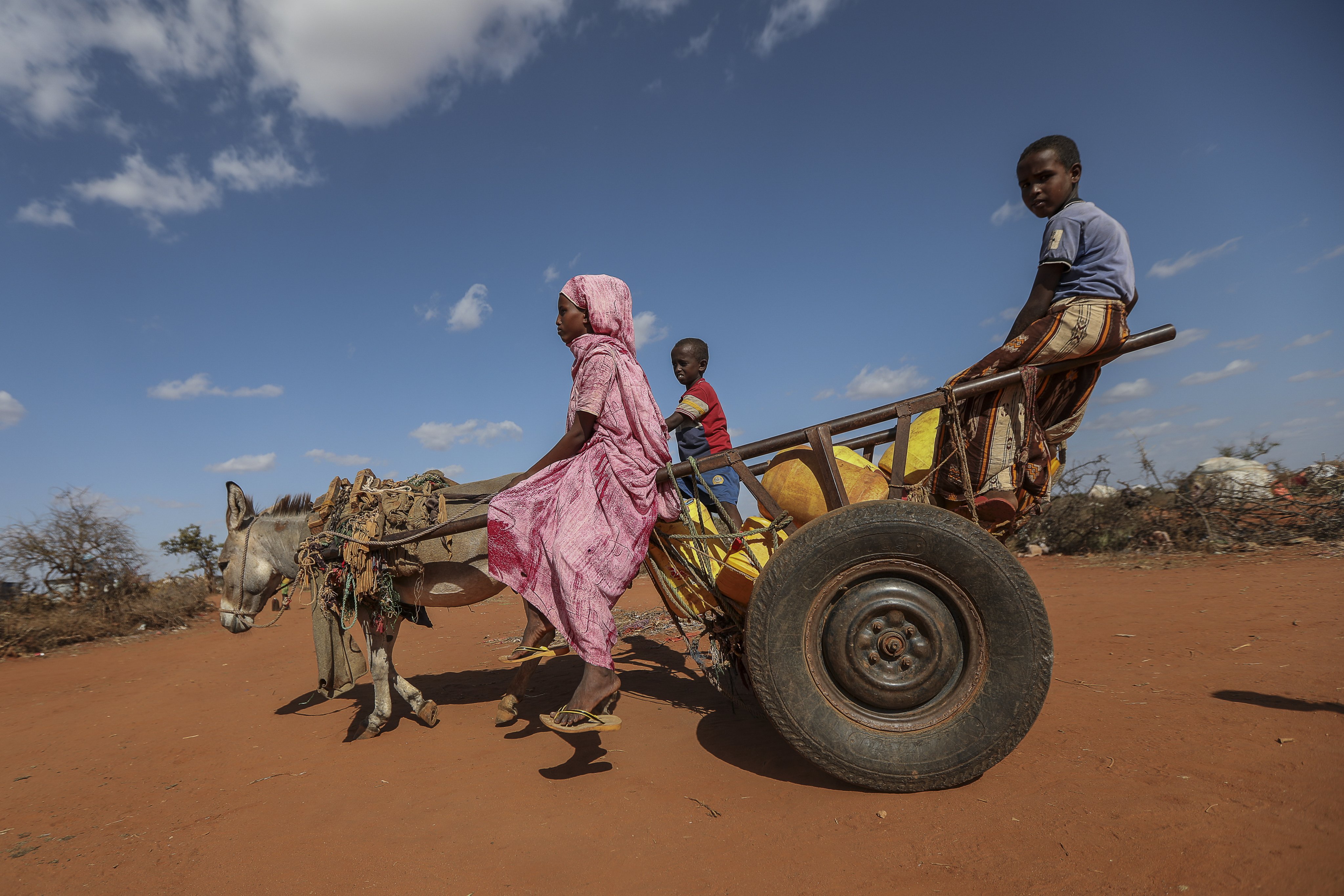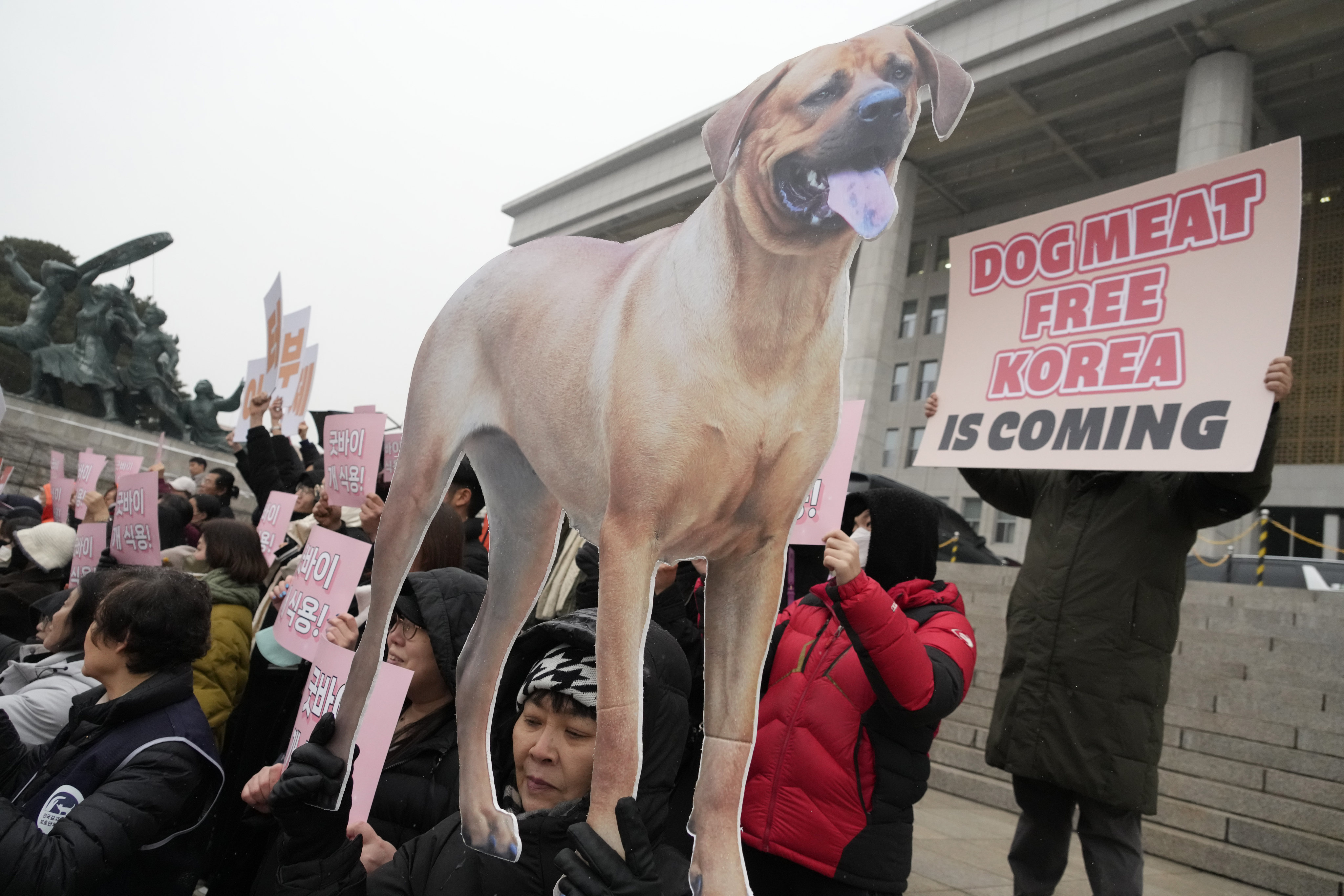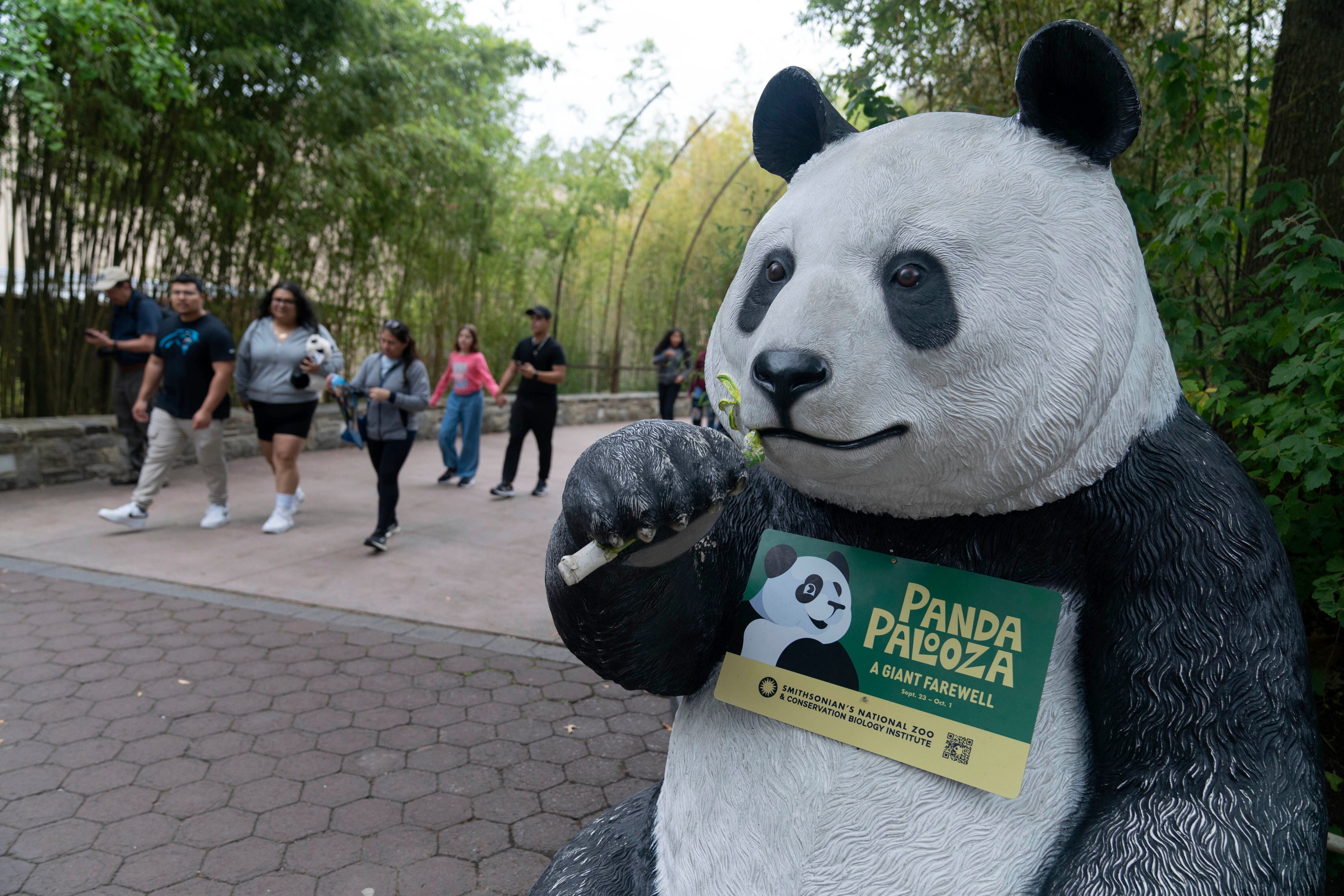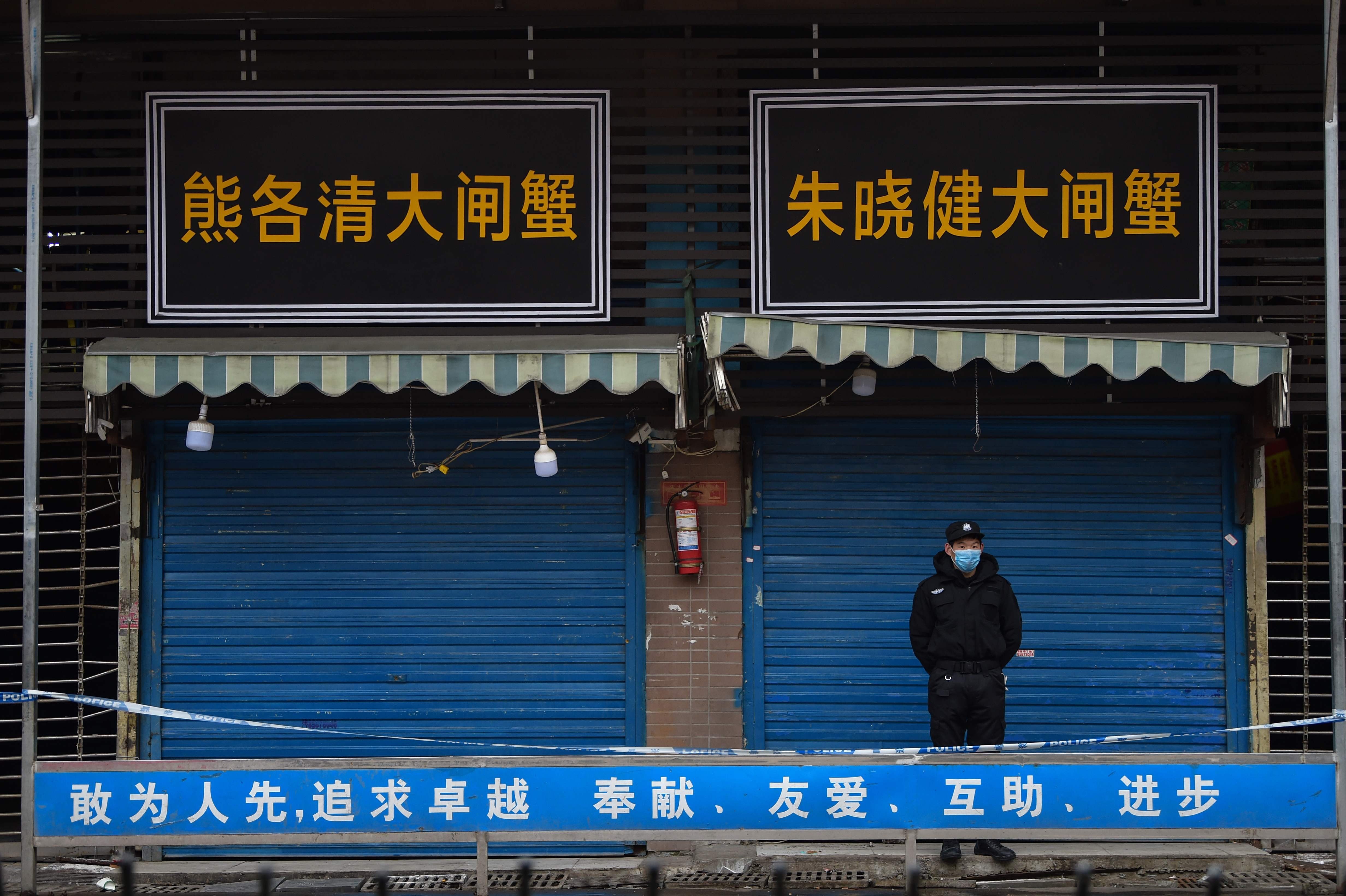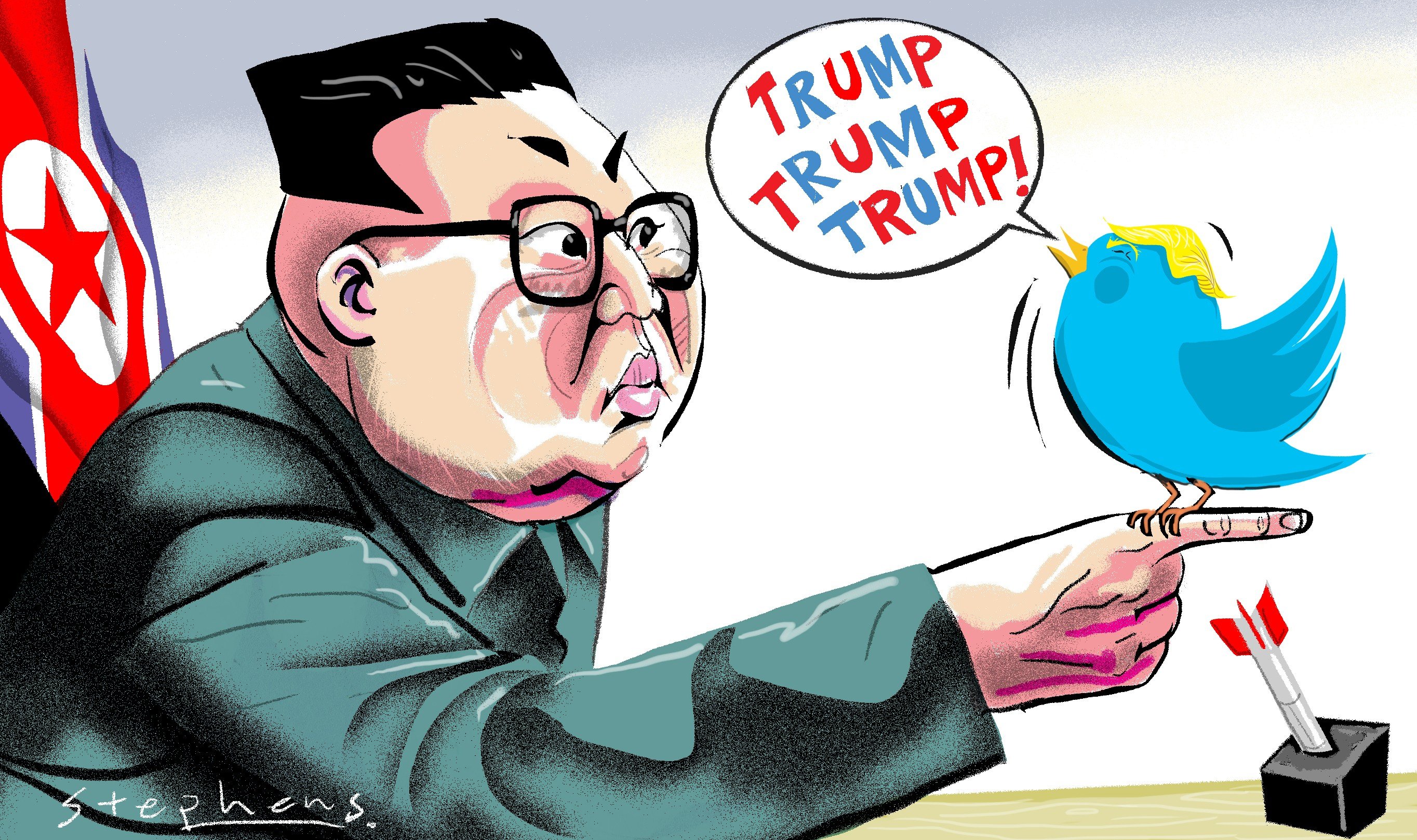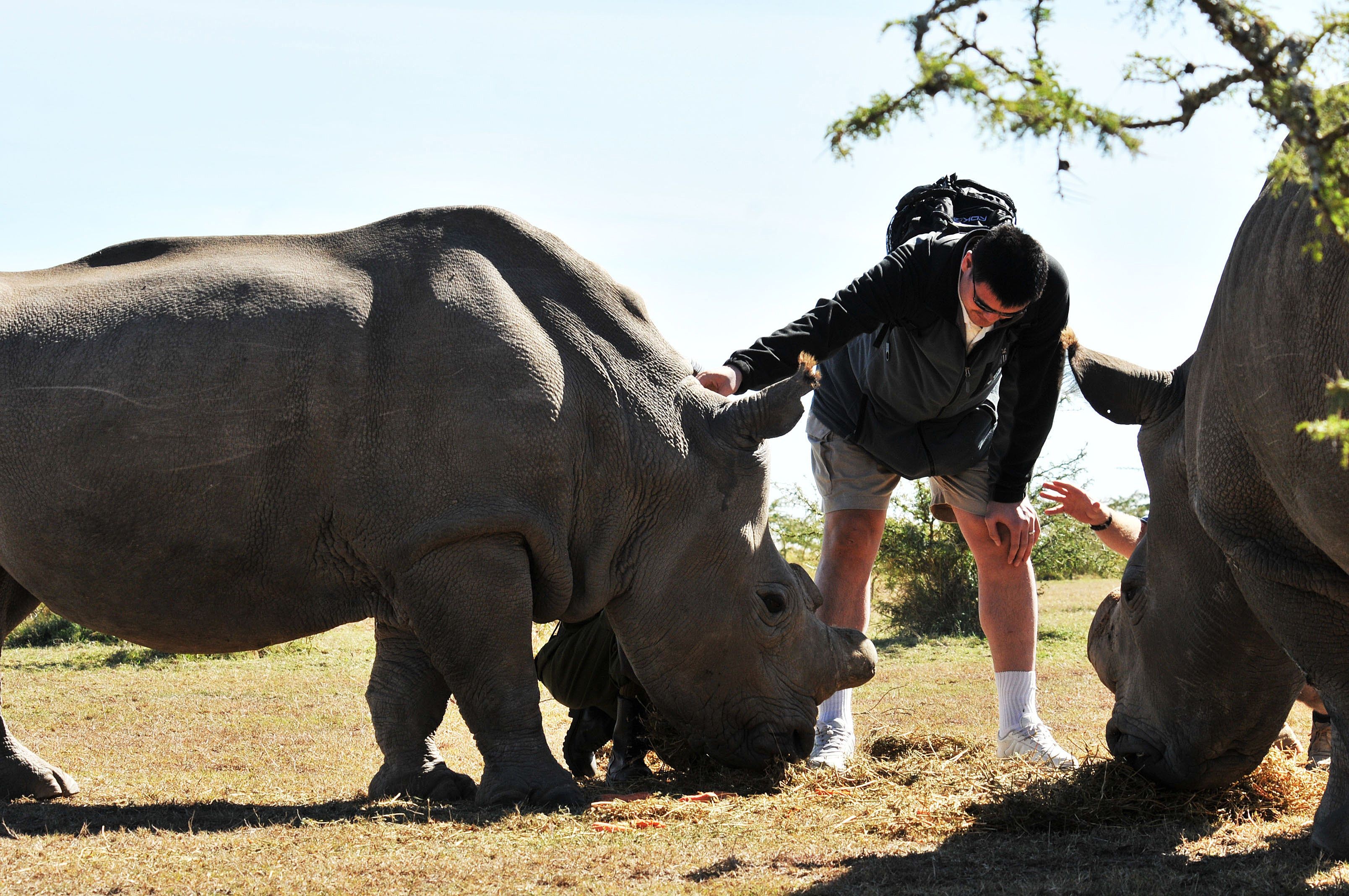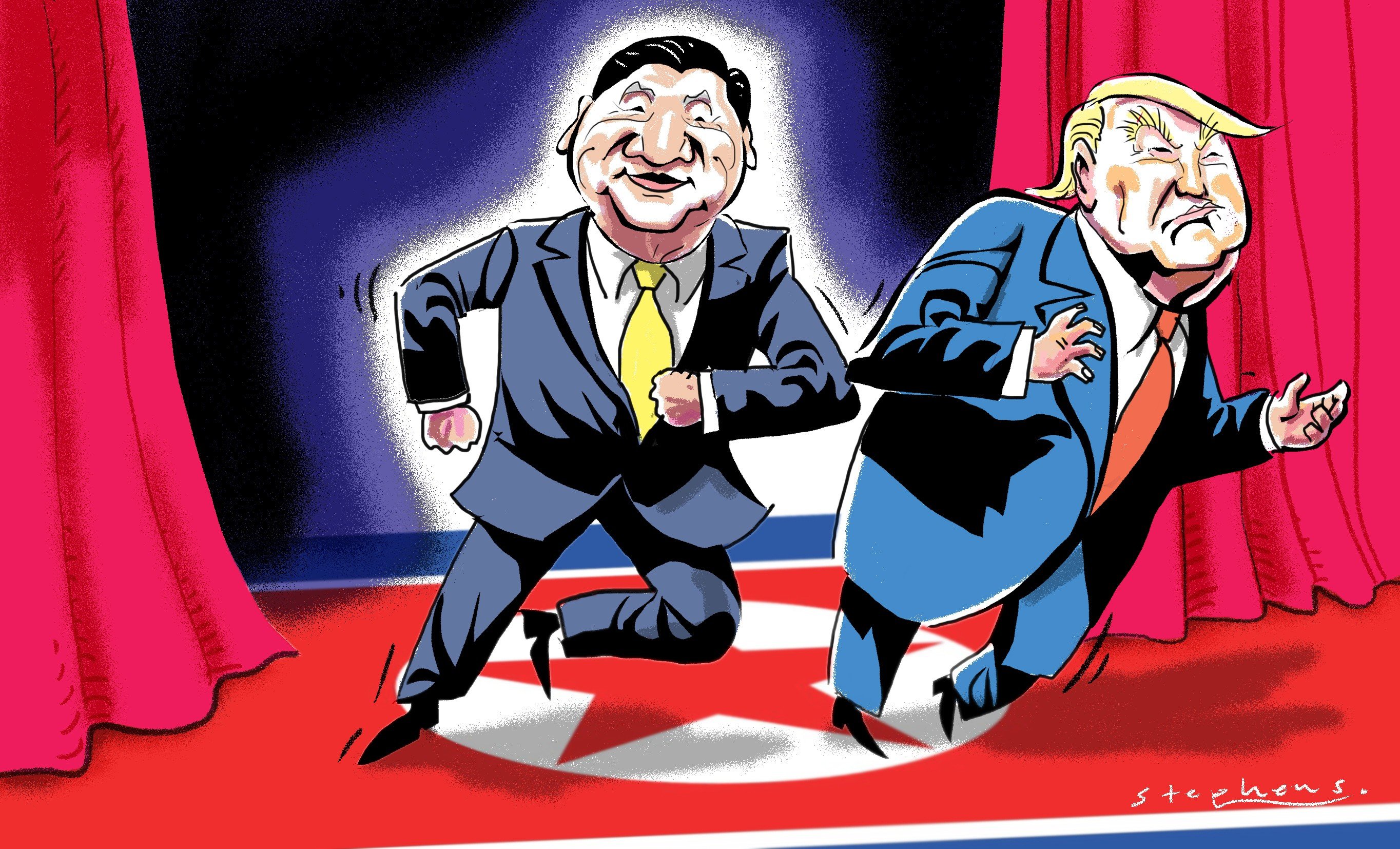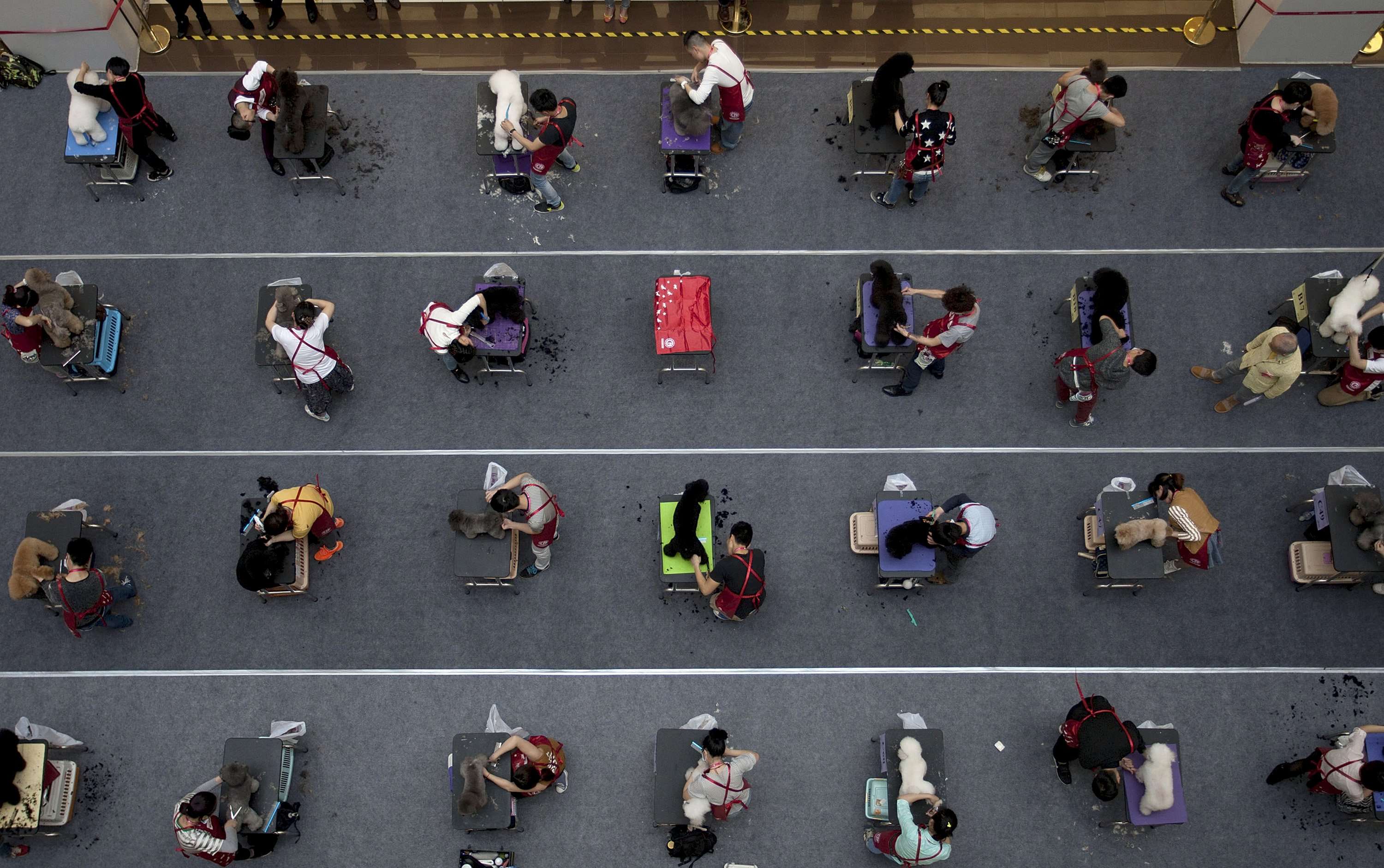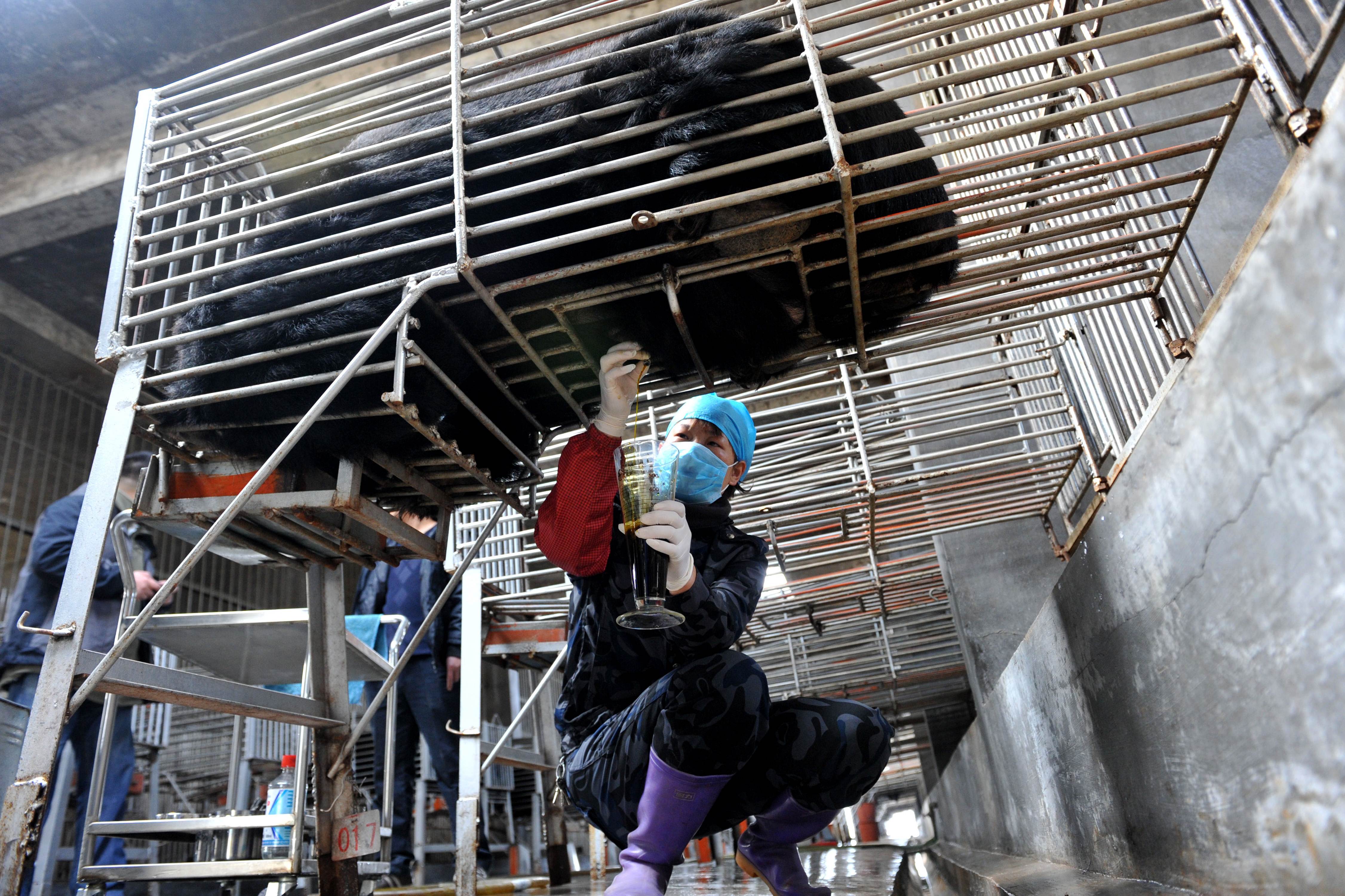Advertisement
Advertisement

Peter J. Li
Peter J. Li, PhD, is associate professor of East Asian politics & animal policy at the University of Houston-Downtown.
The trade in donkey skins has decimated the animal’s population, adversely affecting poor African families and thus harming China’s reputation. Beijing can support the African Union’s ban on the trade by cracking down on products that use donkey skin and looking into manufacturers’ scientific and cultural claims.
South Korea’s legislature passing a bill banning the breeding, slaughter and sale of dogs for meat is a big achievement given heavy industry opposition. It should inspire China to examine its own tolerance of dog meat sales as a similar ban could improve the country’s soft power and help safeguard law and order.
Panda leasing in the name of conservation only supports China’s breeding programme, which has had little success in reintroducing captive-bred pandas to the wild. It would be far better to concentrate on protecting panda habitats and other wildlife.
Both coronaviruses are linked to live animal markets, where sick, injured and dying animals are sold as exotic foods but end up transmitting disease. For too long, wildlife traders have been allowed to hide behind empty claims of medicine or conservation.
Advertisement
